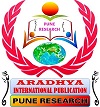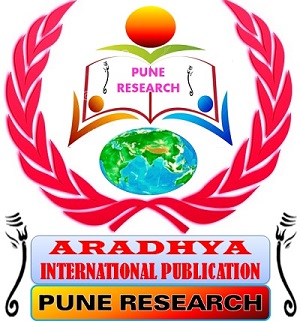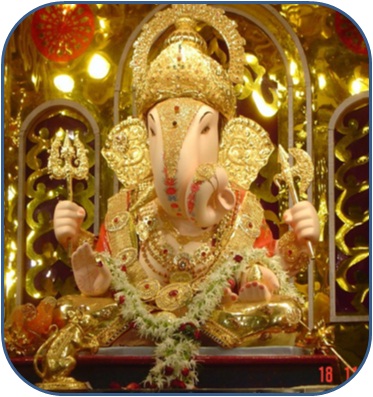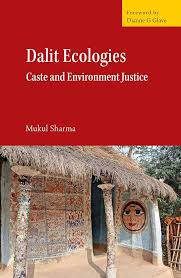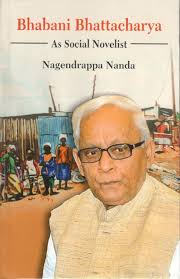MANIFESTATION OF HISTORICAL FACETS IN BHABANI BHATTACHARYA’S NOVELS
ABSTRACT
This research paper attempts to study and
identify the existence of historical aspects/facets in Bhabani Bhattacharya’s
selected novels. It is always apparent that every author’s psychological growth
is the outcome of his or her milieu. Characterization, background, themes, and
socio-cultural aspects show how Indian history is reflected in his literary
works. Bhabani Bhattacharya’s novels explore the themes of the impact of
colonialism, the fight for freedom, the clashes between tradition and
modernism, the effects of the Bengal famine of 1943, casteism, spirituality,
etc. His literary creations gain a valuable significance due to their
connection with the historical facets. His novels force the readers to connect
the present with the past and to interpret them accordingly. The researchers
selected Bhabani Bhattacharya’s six novels for this research study. Thus, this
research article examines how historical facets are reflected in the novels of
Bhabani Bhattacharya to highlight a variety of social, economic, and political
aspects.
Key Words: Novel, historical facets, spirituality, modernism, colonialism,
socio-cultural, etc.
